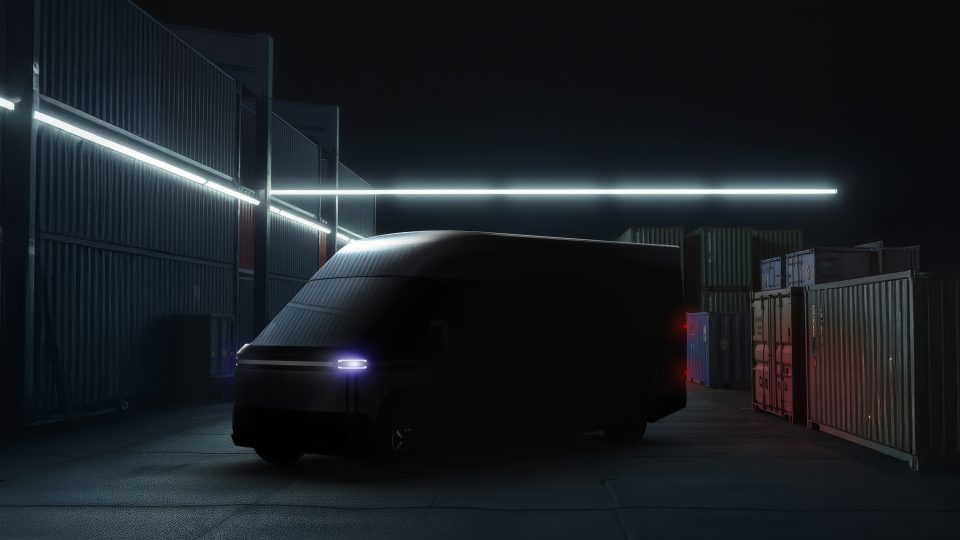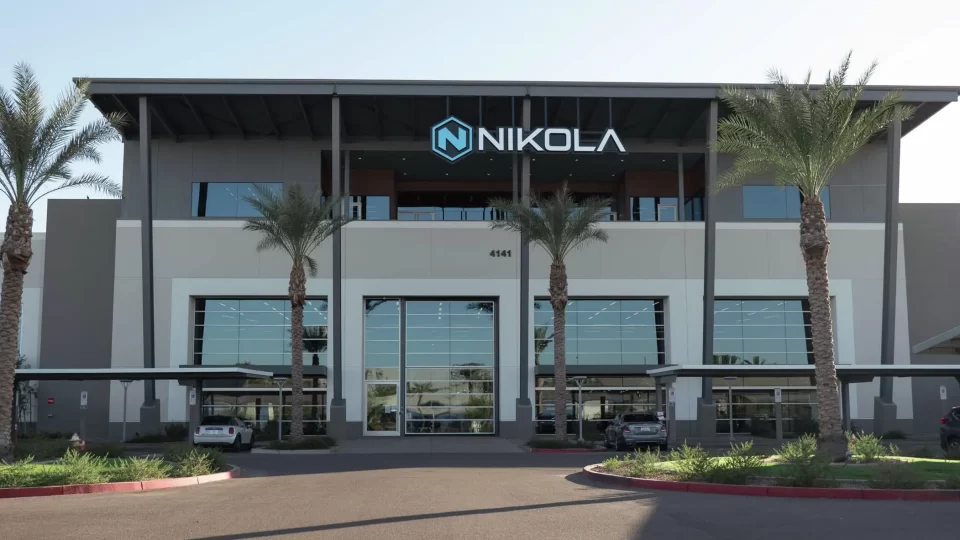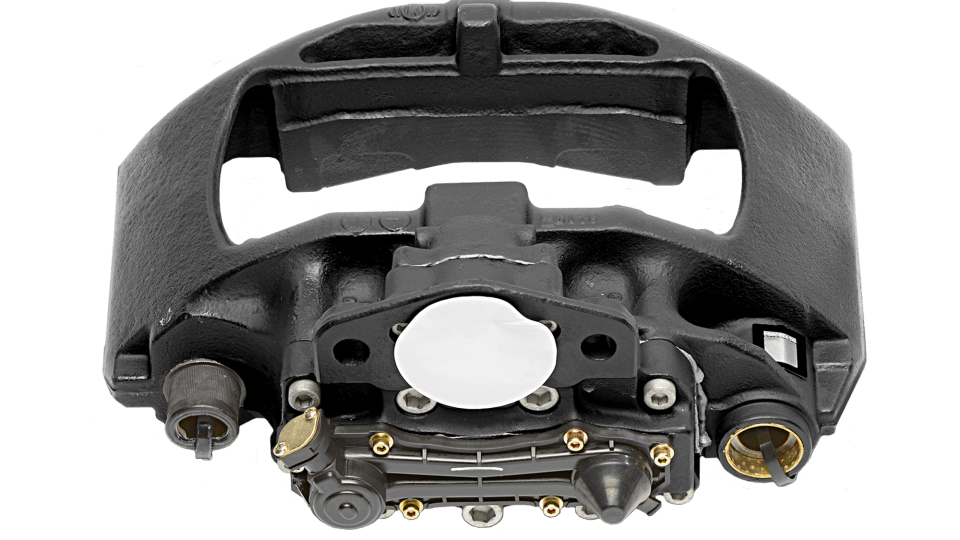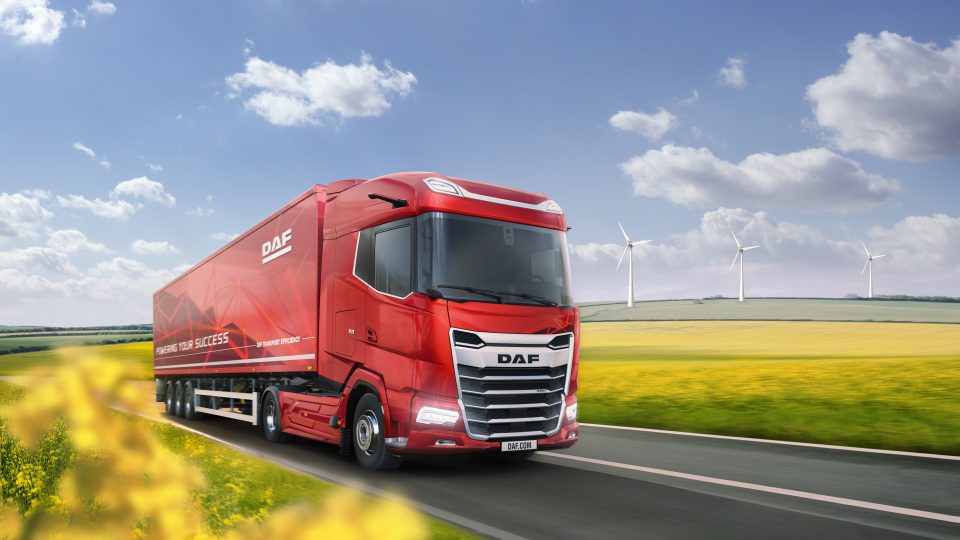Nissan and Honda officially terminate MoU. The all-Japanese alliance is no longer on the table
The negotiations that have taken place since December 23 between the top management of the two companies did not lead to white smoke because Honda intended, in practice, to acquire the smaller Nissan, while the latter wanted to maintain its de facto independence.
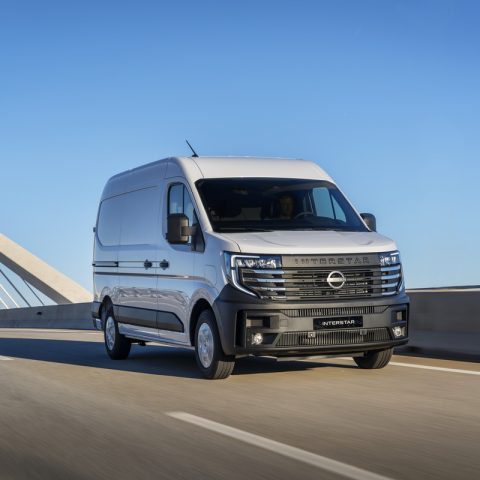
The memorandum of understanding signed just before the end of 2024 as of today no longer exists. Nissan and Honda will not be part of a single automotive group (which, with Mitsubishi, would have been the third largest in the world). The negotiations that have taken place since December 23 between the top management of the two companies did not lead to white smoke because Honda intended, in practice, to acquire the smaller Nissan, while the latter wanted to maintain its de facto independence.
Nissan and Honda: the reasons behind negotiations failure
The different sizes of the two groups have caused the project to fail. Nissan in particular now must put a patch on a worrying financial situation, due in large part to declining sales globally among cars, but also among commercial vehicles. All this against the backdrop of a production and R&D structure that was nonetheless important and complex to manage and maintain.
Nissan must now figure out what to do. The long-standing alliance with Renault, widely considered a failure, is set to end, with the transalpine automaker willing to divest 36 percent of Nissan’s shares to finance investments in electric mobility and software-defined vehicles. An alliance with another Japanese automaker is not currently an option on the table, while entering into negotiations with Taiwanese Foxconn (manufacturers of semiconductors and electronic components mainly in the area of telephony) remains possible, as well as confirmed just in recent days by the Taiwanese company itself. Foxconn has an interest in entering the automotive world, albeit not with a Brand of its own.




